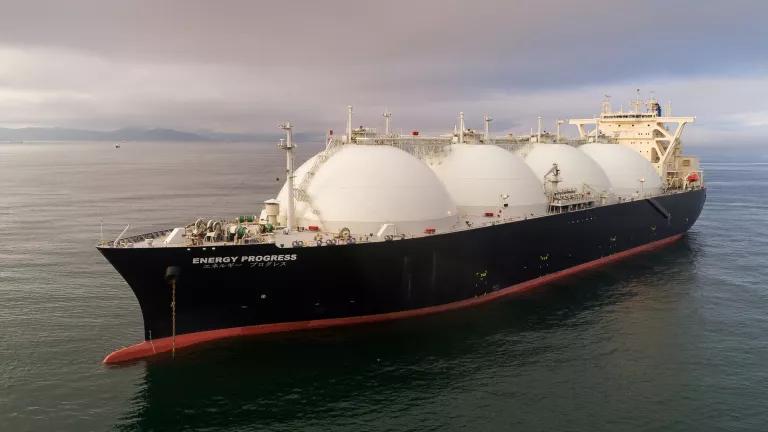Malaysia’s top shipping line, MISC, has set out to order more LNG ships, with newbuilding slots reportedly reserved in South Korea.
South Korean shipbuilding sources have linked Samsung Heavy Industries and MISC to a letter of intent for two 174,000 cu m units and a potential deal estimated at $511m.
Further details have not been revealed, while some local sources speculate the order may be related to the operations of its largest shareholder, Petronas, who recently added three new LNG ships to its fleet built at HD Hyundai Heavy yard in Ulsan.
MISC counts 26 LNG carriers in its fleet, according to its website, excluding 14 newbuilds, which include individual and joint venture orders. Early last year, Samsung delivered two 174,000 cu m ships to MISC, which are on charter to ExxonMobil’s SeaRiver Maritime. The two companies have lately also been involved in the development of a 100,000 cu m floating CO2 storage unit as part of a partnership that took root in January last year.
In other MISC-related market talks this week, the shipping giant, which is also one of the leading players in the FPSO/FSO segment, had once again been linked to a potential stake acquisition in fellow floater specialist Bumi Armada. MISC said in a stock exchange filing earlier this week that there had been no confirmed deal.
Tags: LNG, MISC, Newbuilds



Recent Posts
Scandlines Nears Delivery of Zero Emissions Ferry Following Successful Sea Trials
India faces emission roadblocks with rising net-zero demands
Green Energy Resources invests in two electric Liebherr LHM 550
NYK Launches Continuous Use of Bio LNG Fuel on Car Carriers to Advance Decarbonization Goals
Yang Ming Expands Fleet with Methanol and LNG Dual-Fuel Vessels Under Fleet Optimization Plan
ClassNK Advocates Speed Gap Monitoring to Optimize Fuel Efficiency in Heavy Weather
Wärtsilä’s retrofit package for the Corsica Linea ferry Pascal Paoli has resulted in fuel savings of up to 22 percent Corsica Linea
COSCO Shipping Names Second Methanol Dual-Fuel Containership in Yangzhou